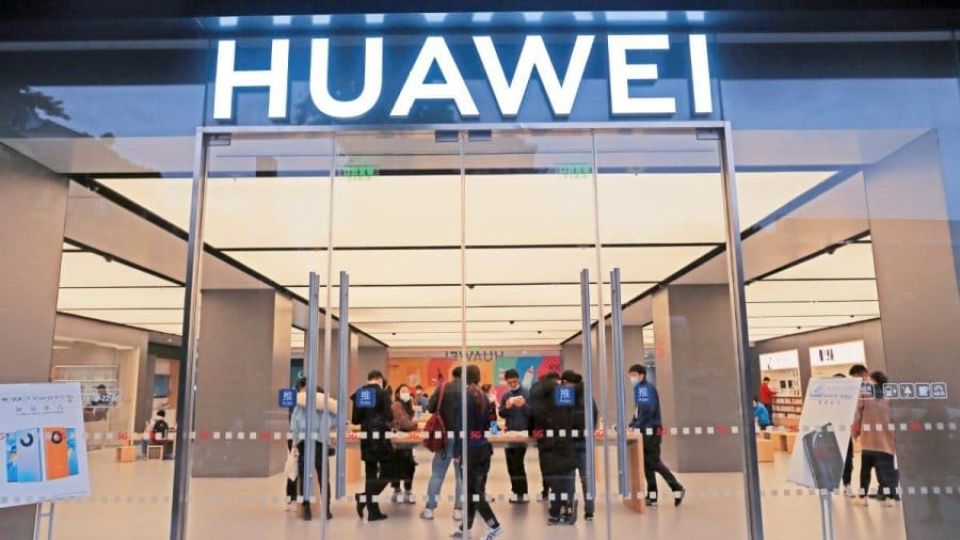May 18, 2023
SHENZHEN – Huawei Technologies Co is strengthening its presence in the Asia Pacific by helping countries in the region accelerate digital transformation, capitalizing on the development of the digital economy and the huge demands emerging from the trend.
“Asia Pacific is one of the strategic markets for us,” said Aaron Wang, vice president of Huawei APAC Enterprise Business Group.
The region is home to over 1.1 billion young people aged between 15 and 29, and more than 60 percent of the world’s youth population is in the region.
“They will play a very critical role in economic development and in accelerating digital transformation,” he said on the sidelines of the Huawei Asia Pacific Eco Partners Conference 2023 held in Shenzhen on Wednesday.
Wang said the COVID-19 pandemic has speeded up digital transformation in some industries, like the public sector, education, healthcare, and banking, but more traditional industries like railways are still slowly moving into the process.
Global spending on digital transformation is forecast to reach $3.4 trillion in 2026, according to a International Data Corporation report
The company will mainly focus on several industries, including public services, financial services, transportation and energy, he said.
The executive added that the company has “gotten back to normal”, responding to questions over the impact of US sanctions on Huawei’s business. “We are not so concerned about this kind of issue because four years have passed already, we still can continually provide solutions to our partners and customers. And we still can meet their requirements,” he said.
Nicholas Ma, president of Huawei Asia Pacific Enterprise Business Group, said the digital economy is reshaping the world and nations in the Asia Pacific are rushing to digitalize.
The company is committed to building a digital Asia Pacific, cultivating a talent and partner ecosystem and contributing to a green and inclusive Asia Pacific, he said.
Headquartered in Shenzhen, the Chinese tech giant is working with more than 7,900 enterprises and 2,000 cloud partners, and carrying out collaboration with 290 universities in the region.
For example, it is helping Srinakharinwirot University in Thailand to transform into an “innovative” university through a digital infrastructure upgrade.
In Laos, it is providing smart mining solutions to a local potash mine to help enhance its operational efficiency and workers’ safety.
The telecom equipment maker has also recruited 120 startups and transformed about 50 startups through Spark, a hybrid accelerator program launched in 2020 for deep tech startups that have a business in the Asia Pacific.
According to a report by International Data Corporation, global spending on digital transformation is forecast to reach $3.4 trillion in 2026, with a five-year compound annual growth rate of 16.3 percent.


